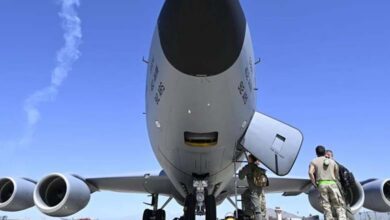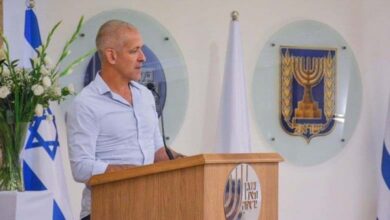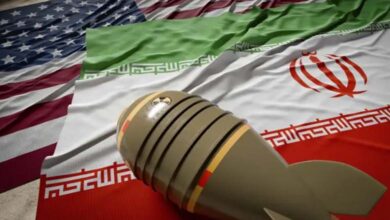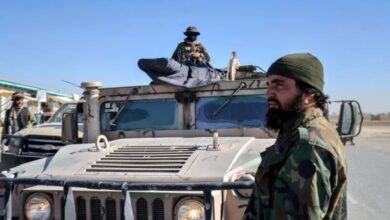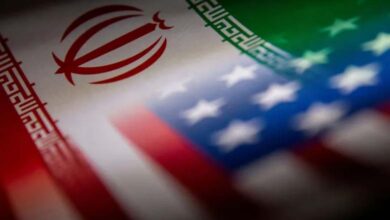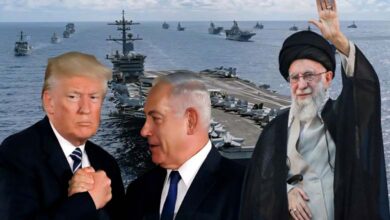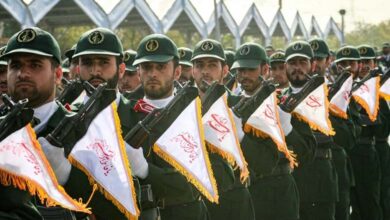Libya’s governors welcome reconciliation: ‘A necessity to maintain stability’
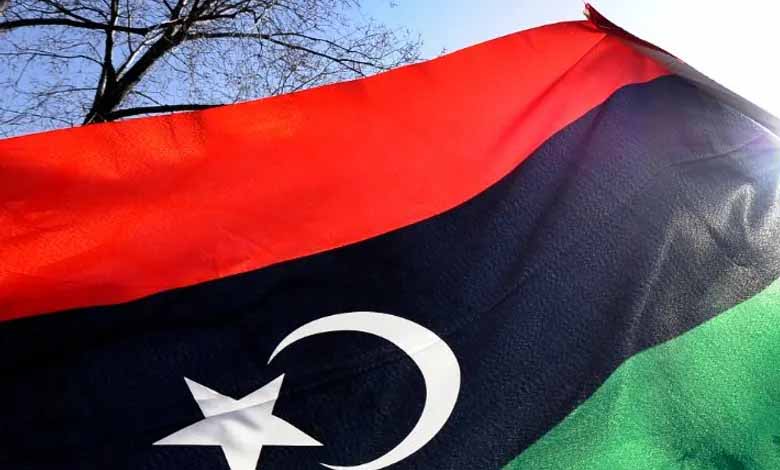
Libya’s governors and notables have confirmed their welcome and readiness to participate in the national reconciliation project recently launched by the Libyan Presidential Council.
This came during a meeting of Libya’s governors and notables with the president of the Libyan Presidential Council, Mohamed al-Menfi, on Saturday in Tripoli.
On Thursday, the Libyan Presidential Council released a strategic vision for the national reconciliation project in Tripoli, saying it aims to resolve the dispute between Libyans.
The Presidential Council said al-Menfi and Libya’s notables discussed developments in the situation and a number of issues of local concern, foremost among them national reconciliation and the political challenges facing the country, in addition to supporting the efforts of the 5+5 Joint Military Commission and the upcoming elections.
The governors and dignitaries stressed the importance of reconciliation to maintain social peace, security and unity in the country. They expressed their readiness to participate in this national project to overcome the current crisis, calling for the use of the voice of reason to end all transitional phases by holding parliamentary and presidential elections simultaneously.
Chairman of the Presidential Council Mohamed al-Menfi said Libya’s elders and dignitaries must contribute to the success of the national reconciliation project and achieve stability in the country.
Al-Menfi said his council continues to push all parties to participate in the political process and agree on a legal framework for holding elections with the participation of all and to realize the aspirations of the Libyan people.
At the opening of the reconciliation project on Thursday, Libya’s House of Representatives Speaker Counselor Aguila Saleh Issa demanded that Libyans surrender to each other to ensure the country’s safety.
He said, “We look forward at this historical stage to transcending differences and rejecting disputes and conflicts that disrupted life, disrupted relations, prevented unity of positions and ranks, and wasted capabilities. Everyone must give in to ensure the safety of the country”.
The launch of a national reconciliation project in Libya and the formation of a High National Commission is one of the most important tasks mandated by the Libyan Presidential Council by the Libyan Political Dialog Forum held in Geneva between the parties to the Libyan conflict, sponsored by the UN and resulting in the establishment of the Presidential Council as a Libyan authority on February 5, 2021.
Libya is witnessing several crises, including a political crisis that recently intensified after Prime Minister of National Unity Abdul Hamid Dbeibeh insisted on not complying with the decision of the country’s parliament, which relieved him of his post and appointed Fathi Bashagha as the head of a new government.




